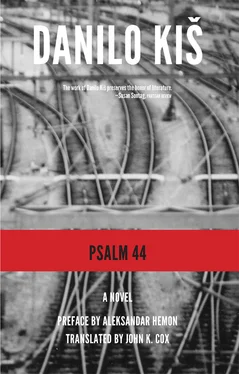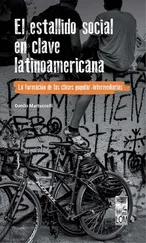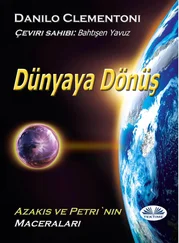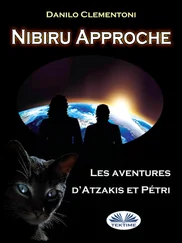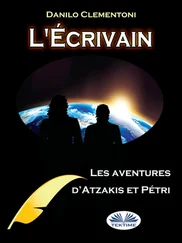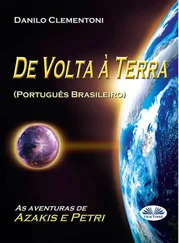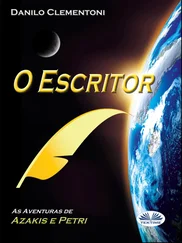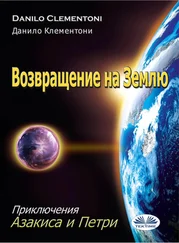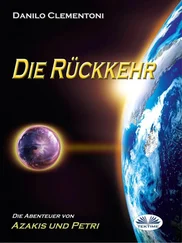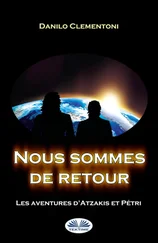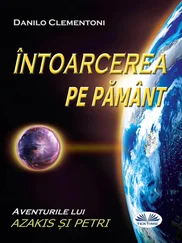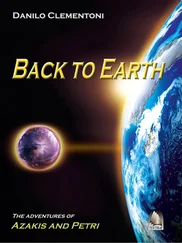Let me start with a complaint: What is absent from much of contemporary fiction, which in the USA is conceived of as middle-to-highbrow entertainment, is the ethical import of literature. As it is, the word fiction largely stands for (deliberately) made-up narratives aiming to entertain the culturally enlightened reader. Literature, on the other hand, is nothing if not continuous ethical and aesthetical engagement with human experience and history; one reads/writes literature in order to confront the hard questions of human existence; entertainment might not be applicable. While the word fiction equally applies to The DaVinci Code and Remembrance of Things Past , only one of those is literature; the other one is trash. (“Do not argue that all values are relative: there is a hierarchy of values,” Kiš wrote in his “Advice to a Young Writer.”) American populism of the knee-jerk variety requires cringing at the thought of literature (and, for that matter, at any thought that is not confirming what is already agreed to be true), because it is — what is the word flung about by the humble sons of the one percent? — elitist. (Kiš’s advice: “Do not write for an elite that does not exist: you are the elite.”) But literature is inherently democratic, as it is the way for everyone and anyone who can read to enter the difficult and vast field of everything that comes under humanity. “Do not write for ‘the average reader,’” Kiš wrote to the Young Writer, “all readers are average.”
In the home of the brave, literature has been damaged, perhaps irreparably, by the systematic avoidance of difficulty, by the cultural laziness that spreads like brain-infecting flu out of the sunny realm of eternal, unconditional entertainment. Bullied by the cryptofascist, consumerist resistance to public thought — or thinking in public — American literature tends to avoid uncomfortable weight: the weight of tradition; the weight of civic and historical responsibility; the weight of language, which needs to be ceaselessly reinvented and reevaluated. The ethical fiascoes of the Bush era in perpetuity unfettered, the catastrophic wars and the insidious fantasies that prepared them and maintain them, the widespread collapse of the notion of a socially-responsible government and the related (reality-based) democracy, the rabid xenophobia indistinguishable from the socially-acceptable practices of American Patriotism, the mind-crushing lies reproducing the belief that capitalism is the best thing ever — all have been pretty much ignored in our contemporary fiction. Not many American authors know how to confront the history we’re living in; few attempt to, even fewer dare to claim an ethically/aesthetically-de-fined system of thought that would demand from the reader to engage with the difficulties of the early twenty-first century.
The reason for writing from a confrontational position would be less in the necessity for social engagement (“At the mention of ‘engaged literature’ be silent as a fish: leave it to the professors,” Kiš advised) than in the fact that recent history ought to be seen as a fertile creative ground, as an ethical and aesthetical opportunity, a chance to loosen the unstimulating grip of epiphanic psychological realism. Much of American literature has been paralyzed, producing nary a novel that would fundamentally — ethically, aesthetically — question and take apart the Matrix -like reality of what is commonly referred to as America. We need a literature that would do the difficult work of finding meaning beyond what is offered as self-evident (“Do not believe in statistics, figures, or public statements: reality is what the naked eye cannot see.”) and counter the steady production of systemic oblivion. It might turn out to be difficult; we might have to learn how to do it from writers like Danilo Kiš. As it is now, there seems to be a consensus that any whiff of difficulty coming from the contemporary novel would result in the already depleted literary readership retreating deeper into the mindless territories of Iron Men and the many shades of gray.
The greatness of Kiš’s work lies in his unflinching willingness to confront and (re)imagine the horrors of history as experienced by human beings. The aim of his work is not to bear witness (“Have no mission,” Kiš advises. “Beware of people with missions.”) but to reconfirm the value of individual experience; he is not merely reporting on the state of individual humanity, rather, he recreates it in language, thereby reestablishing its sovereignty, without which the very project of literature is inconceivable.
His relation with — or, rather, his position within — history was defined by his traumatic personal experience: as a child he witnessed the Novi Sad massacre in the winter of 1942 (to which frequently returns in his work, Psalm 44 included), when Hungarian fascists slaughtered a large number of Jews and Serbs; his family was persecuted and spent the war displaced in Hungary; his father disappeared in Auschwitz. But his engagement is just as intensely intellectual: the question of how one could (and why one would) write novels after Auschwitz and Kolyma (the Stalinist camp) was a burning one for him throughout his working life. (“Should anyone tell you Kolyma was different from Auschwitz,” he told the Young Writer, “tell him to go to hell.”) He, of course, kept on writing, but the perpetual doubt about the purpose of writing required a continuous reevaluation of the ethical and aesthetical foundations of literature.
Each of his books has a distinctly different structure, but his quest was not for an abstractly perfect literary form. What he kept looking for was any form at all that could match and contain the intensity, fragmentariness, intellectual weight, and troubling connotations of modern history, as well as the sheer pain and sorrow it has generated. If Kiš was a postmodernist, it was out of painful necessity. His inclination to construct difficult narrative structures was not a consequence of his highfalutin whimsy but rather of a deeply held conviction that he needed to (re)discover and (re) deploy narrative techniques (“Study the thought of others, then reject it,” he instructed the Young Writer) that could match the horrific intricacies of the twentieth century and his personal experience in it. Thus his masterpieces Garden, Ashes and Hourglass (both, with Early Sorrows , part of a novelistic family cycle or, per Kiš, “the family circus”) have a perishing father at the absent center, but are constructed markedly differently. Both novels could be described as “experimental” in the lazy cant of critics baffled by any form outside the cramped confines of psychological realism, but Garden, Ashes harkens back to Bruno Schulz and his prophetically mad father, while Hourglass is structured as an interrogation, featuring, in one of the most heartbreaking structural devices in the twentieth-century literature, a letter Kiš’s father sent to the family before he was deported to Auschwitz.
Kiš’s ethical/aesthetical system (there is no dissociation between ethics and aesthetics in his mind) is founded on the axiomatic value of individual sovereignty. That sovereignty is universal — every human being is entitled to it — and is continuously and brutally violated by history. Thus the uniqueness of his father’s experience, including his particular path to ovens of Auschwitz, is exactly related to the uniqueness of the forms Kiš reinvents to restore his father’s invaluable life, destroyed by those who did not believe in the sanctity of individual sovereignty.
Kiš wrote Psalm 44 at the age of twenty-five, in less than a month, in order to submit it to the contest of the Association of Jewish Communities in Yugoslavia. He had come across a newspaper story about a young couple revisiting a camp where their child was born and decided to write about it; he could do it, because he “could accept a somewhat unusual plot as factual.” He was writing at the same time his novel The Attic , which was entirely different in form and spirit. The two short books would be published in the same volume in Belgrade in 1962.
Читать дальше
